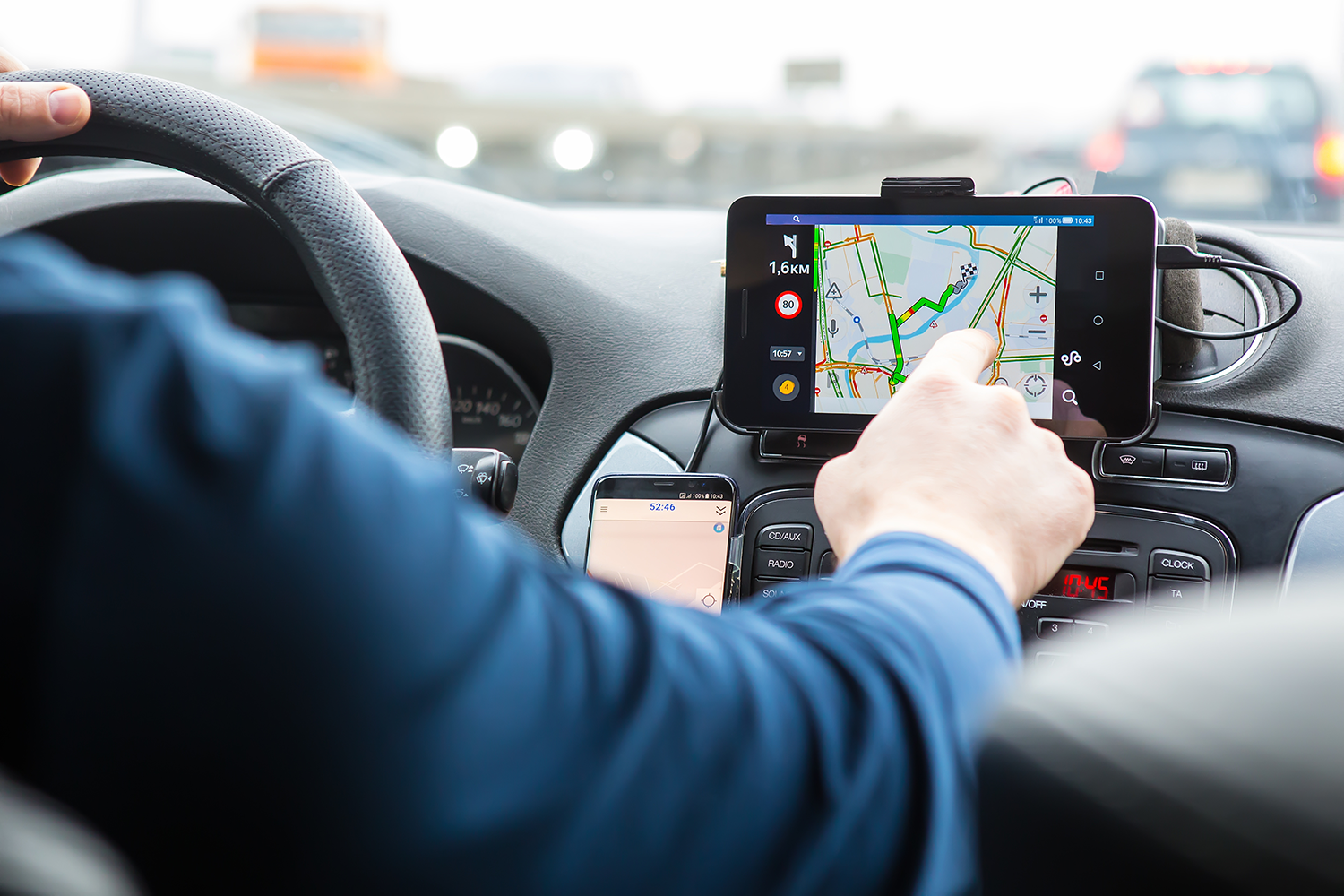Sydney
Level 6, 11 – 31 York Street
Sydney NSW 2000 Australia

Nowadays, just about everyone has a device with GPS functionality on their person and it’s certainly made navigating the world a lot easier, whether you’re walking, biking, driving or catching the bus. The GPS has made it so easy to get from point A to point B and many will offer different route options too, just to keep things interesting should you prefer to add an extra 30 minutes to your commute.
One thing that frustrates me with using the GPS, especially when driving,
“In 400m turn left” the lady in the machine tells me and like a puppet I dutifully turn left in 400m, very seldom questioning the wisdom of “The Voice”. This is all well and fine as long as she-who-must-be-obeyed knows about road closures, traffic jams and all the short cuts, but of course, life doesn’t always work that way. I often find myself taking a route that has detours, panicking at the detour and getting frustrated when I find out there was potentially a quicker way, if I listened to my wife (the other “she-who-must-be-obeyed”).
The other interesting thing about driving with the GPS on is that I can drive the same route 5 times yet not actually know how to get there, because all I’ve done is “turn right in 400m, drive 10km then turn left at the end of the road” (the instructions are normally more complex than this, obviously).
All too often I find people engage their internal “GPS mode” when at work. I’ve had many situations where someone is given a task to complete, and a bit like me when driving, they follow the instruction exactly, without necessarily considering factors like “why am I doing this?” or “what else should I be doing?”
At its most basic form, I once asked a team member to move some desks out of a room as we had a workshop in there later and needed to set the room up for that. About half an hour later, I walked over to find the desks removed from the room and placed just in front of the door, while all the chairs (without a word of exaggeration) were left exactly as they were around where the desks originally were.
When I asked why they left things as they were, the response was “but you only asked me to move the desks out of the room and I did that”.
Technically, that’s correct, but that’s also what I mean by operating in GPS mode –
Some time ago we had a discussion around our room capacity and I asked the relevant manager what the situation was with this. They duly sent me the spreadsheet with all the info with the ubiquitous “as requested” covering note.
Again, technically correct, but it meant I would have to go through a large spreadsheet to work out what the situation was, where the challenges were and then get into what we were going to do about it. Or I could go back to said manager and ask them why they felt that was the point of my question.
Managers and business leaders very seldom, if ever, want information for the sake of information. Inevitably it’s about information and some degree of analysis. Some degree of thought into what is going on and, within the context of what your organisation is trying to achieve, what actions should follow.
Consider the difference if the first person had thought about the room and either asked if they needed to set it up or in fact took the initiative to set the room up themselves. It would have saved a lot of time and frustration, while that person would inevitably have gone up in my estimation as someone who thinks proactively and makes things happen.
Similarly, if the manager had come back with a snapshot/summary, rather than a full spreadsheet, and some thoughts around what we could do next, it would illustrate their ability to be a solution finder and leader.
As you develop and grow you will make mistakes and that’s totally fine, but coming up with solutions demonstrates to your managers and leaders that you are someone who is actively engaged. It also helps them understand what your gaps are and how to support your growth. This then has flow on benefits to career growth and development, because the more you can demonstrate this, the more likely you are to be thought of when opportunities arise.
As well, when you move up the corporate ladder, the tasks you get given and the roles you get put into require more and more complex problem solving abilities and thinking, so if you stay in GPS mode and don’t actively try to do more, you’re never going to be able to get out of it when you absolutely need to.
Control the Controllables,
Dave Phua
CEO, Gradability & Performance Education